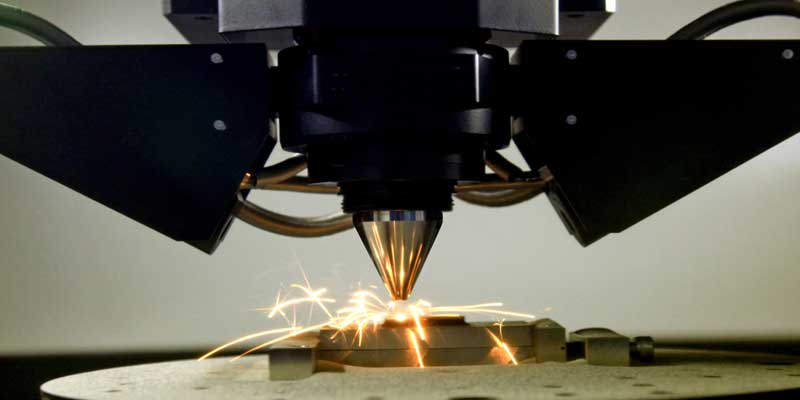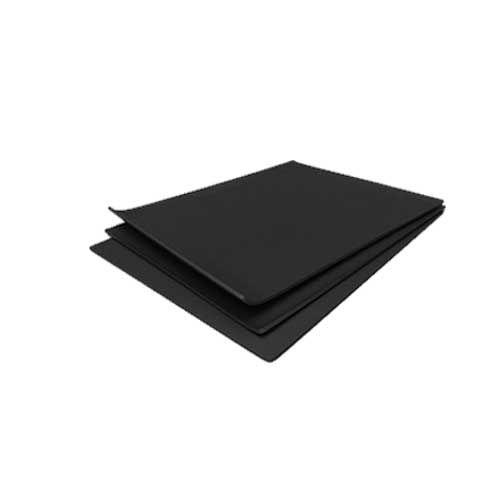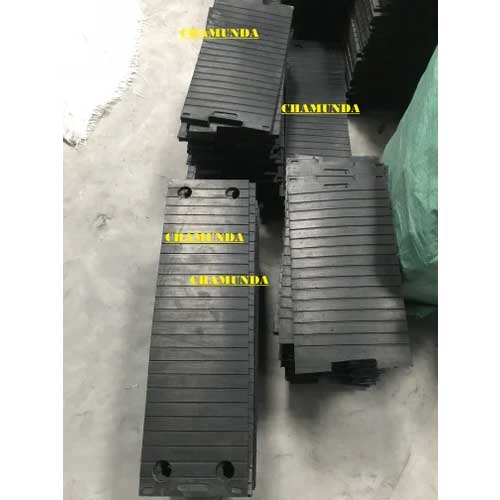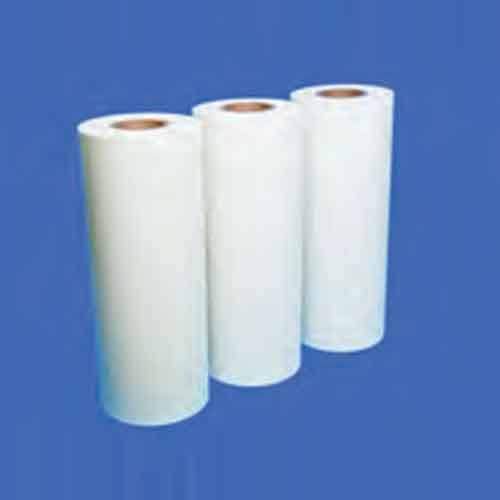Schedule a Call Back
Indian plastics machinery industry needs ‘co-opetition’ to grow
 Interviews
Interviews- Nov 01,17

Related Stories

The 3D metal revolution
India is rapidly emerging as a frontrunner in the world of 3D metal printing, a technology that is reshaping the way industries approach manufacturing. From aerospace to automotive, healthcare to de..
Read more
BYD India to showcase globally acclaimed models at Bharat Mobility Expo 2025
Plans to display new models including internationally successful models and BYD’s India line-up. BYD’s participation in Bharat Mobility and the upcoming launches of the new models is a testament..
Read more
Renewable energy sector to generate 43 mn jobs in India by 2050: CMD, IREDA
While delivering the Visionary Talk hosted by the 39th Indian Engineering Congress at Kolkata on December 20, 2024, Pradip Kumar Das spoke about the critical need for talent to drive the renewable e..
Read moreRelated Products

Rubber Sheets Material
Talbros Sealing Material Pvt Ltd offers a wide range of rubber sheets materi Read more

Rail Rubber Pad
Chamunda Enterprise offers a wide range of rail rubber pad.

Insulation Polyester Film
TMA International Private Limited offers a wide range of insulation polyester film.









